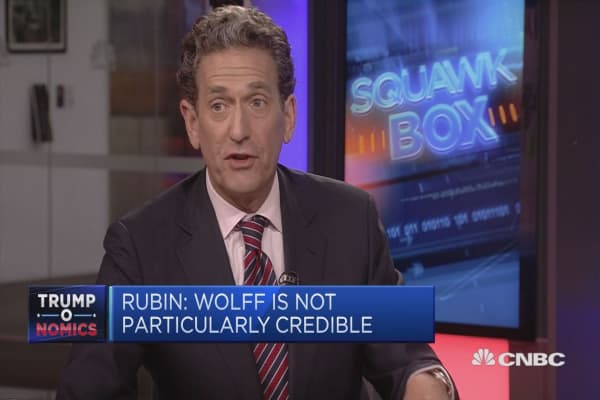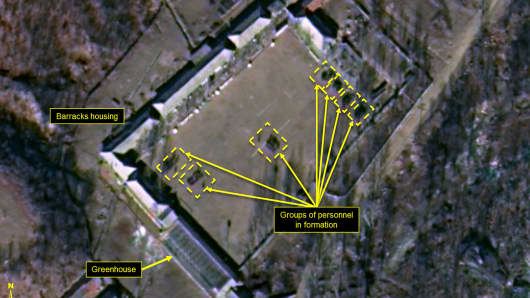Georgia Passes Bill That Stings Delta Over N.R.A. Position

ATLANTA
— Georgia lawmakers approved a bill on Thursday that stripped out a tax
break proposal highly coveted by Delta Air Lines — the most stinging
punishment that America’s pro-gun forces have leveled so far on one of
the many corporations recalibrating their positions on firearms after
the Florida high school massacre.
The
$50 million sales tax exemption on jet fuel that was sought by Delta,
one of Georgia’s biggest employers, had been included in a broader
tax-relief bill. But this week, a number of Georgia Republicans,
including Lt. Gov. Casey Cagle, sought to remove the perk as retribution
for Delta’s decision to end a promotional discount for members of the
National Rifle Association.
Delta,
in announcing the policy change, said it was trying to remain “neutral”
in a national gun debate that has been rekindled by a gunman’s attack
at a school in Parkland, Fla., that left 17 people dead. A number of
other major American companies, including the car rental company Hertz
and MetLife insurance, have also ended relationships with the N.R.A. since the shooting on Feb. 14.
On
Thursday, the Georgia Senate overwhelmingly approved a version of the
bill without the jet-fuel tax break. The House, which had already
approved a version of the bill, also approved the change. Both houses
are controlled by Republicans.
The
legislation now goes to the desk of the Republican governor, Nathan
Deal, who has pledged to sign it into law. But Mr. Deal is a supporter
of the jet-fuel tax break, and he said he would sign the bill only
because it also included a significant reduction in personal and
corporate tax rates.
In
a sign of the gulf that has opened between gun-rights purists and
Republicans with a more pro-business bent, Mr. Deal this week appeared
to chastise fellow Republicans who sought to punish Delta, and thus
potentially harm Georgia’s business-friendly reputation.
“Ours
is a welcoming state — the epitome of ‘Southern Hospitality,’” said Mr.
Deal, who will leave office because of term limits early next year. “We
were not elected to give the late-night talk show hosts fodder for
their monologues or to act with the type of immaturity that has caused
so many in our society to have a cynical view of politics.”
In
addition to being one of Georgia’s biggest employers, Delta is the
economic engine of Atlanta’s Hartsfield-Jackson Airport, the busiest
airport in the world and a bragging point in the city’s claim to
national and even international stature.
The
divisions over gun control are stark in Georgia, where Mr. Cagle is
among a handful of Republicans who are seeking to be the next governor.
They are particularly eager to make an impression among the hard-right
conservatives who will have a big voice in the Republican primary in
May.
Mr.
Cagle, the presumptive front-runner in the governor’s race, presides
over the State Senate, and his threat on Monday to kill the tax break
was interpreted here as a way to protect his right flank from his
Republican rivals.
“I think that obviously Delta is free to make any decision that they want to,” Mr. Cagle said during an appearance
on “Fox and Friends” this week. He added that Delta “chose to single
out the N.R.A. and their membership, law-abiding gun owners, and I don’t
think that’s right.” Delta announced on Saturday that it was ending a
discount for N.R.A. members traveling to the association’s annual
convention.
Other
Republican candidates for governor were also eager to weigh in in favor
of rescinding the tax break. Secretary of State Brian Kemp said
lawmakers should reject the perk to airlines and instead focus on creating a sales tax holiday for buyers of guns, ammunition, holsters and safes where guns can be stored.
On
the floor of the Senate on Thursday, Senator Michael Williams, another
Republican candidate for governor, praised his fellow lawmakers for
stripping the tax exemption, saying they “stood strong” in the face of
pressure from liberals, the media and big business.
Mr.
Deal has said he was “committed to finding a pathway forward for the
elimination of sales tax on jet fuel, which is nonnegotiable.” But the
political reality seems to leave him with few options.
Democrats
have argued that the attack on Delta, which did not comment Thursday,
could harm the ability to attract new businesses, chief among them
Amazon. The online retailer named metropolitan Atlanta as one possible
location for its new headquarters.
“Unfortunately,
we’re looking at political gamesmanship, and trying to send
ultraconservative messages for the Republican primary,” said Senator
Steve Henson, the minority leader. “I think it does not enhance our
chances to get Amazon.”










